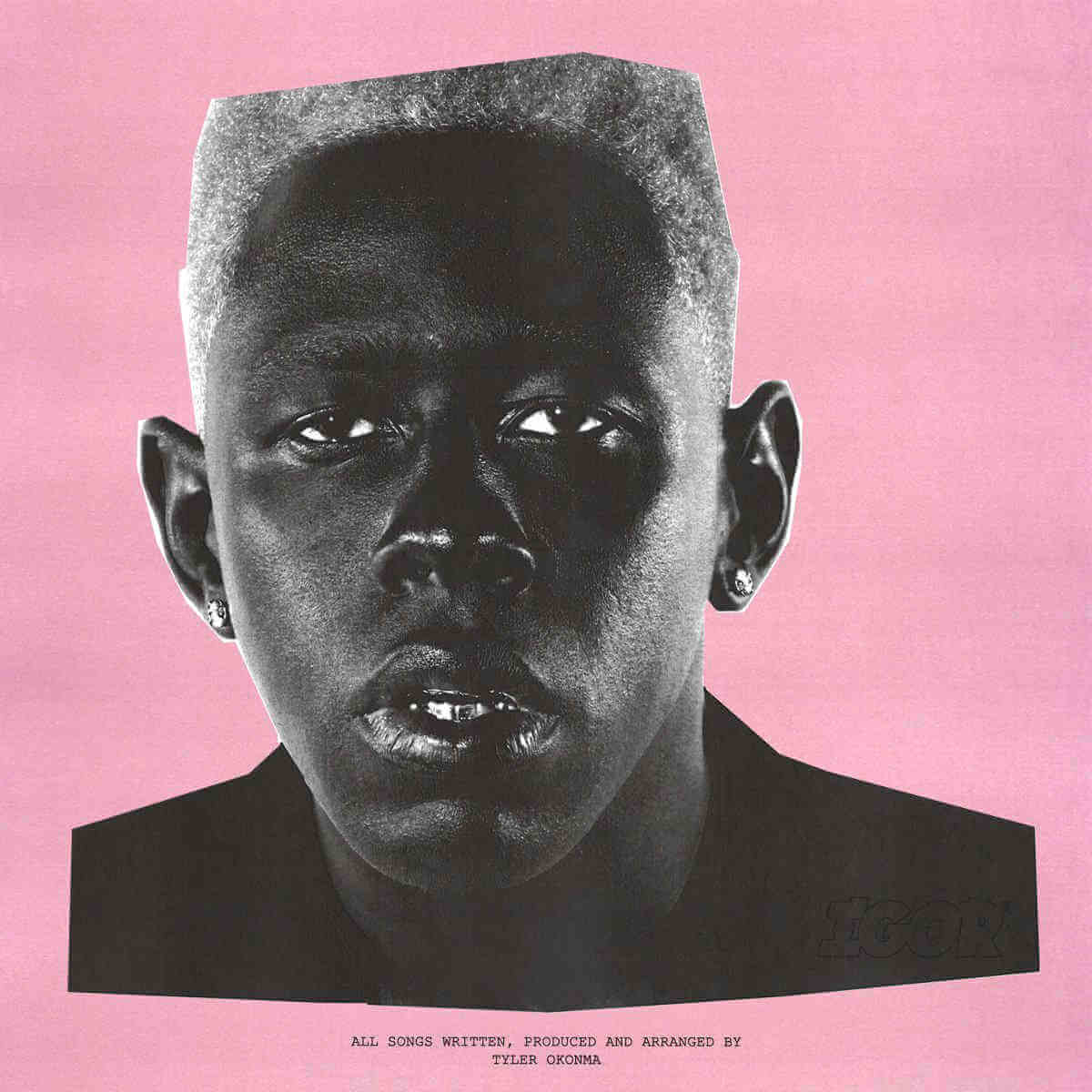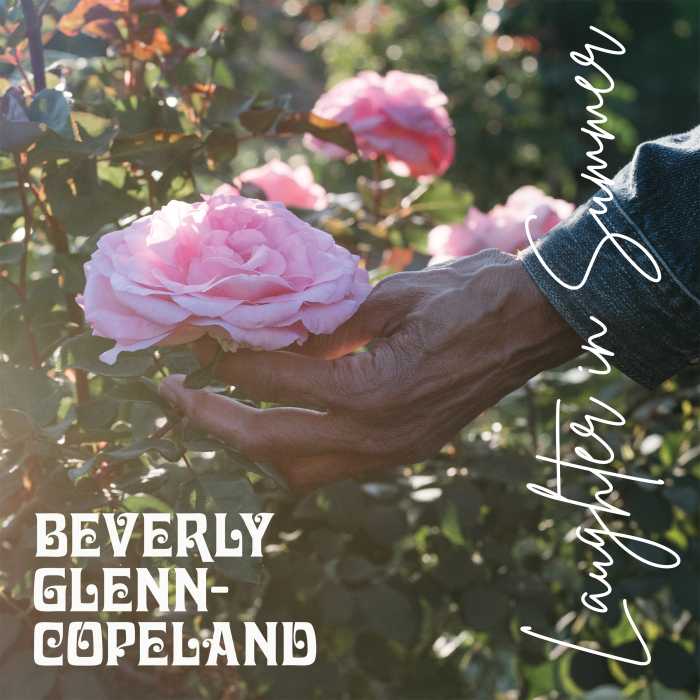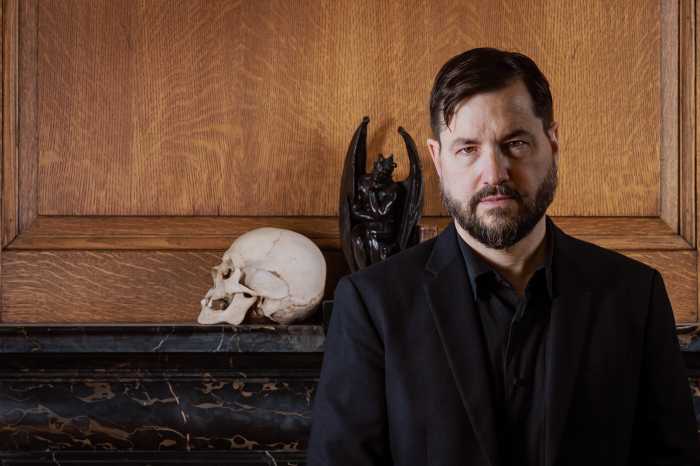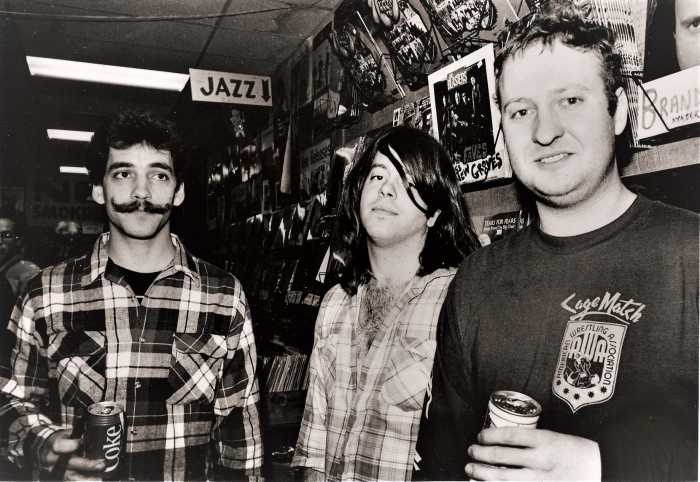2011: Tyler, the Creator’s debut album “Goblin” becomes the most controversial hip-hop album since Eminem’s “The Marshall Mathers LP,” thanks to lyrics like “I raped a pregnant bitch and had a threesome” and its use of “faggot” and other anti-gay slurs 212 times (according to The Guardian). But the shock value worked, with “Goblin” hitting #5 on the Billboard top 200 and eventually going gold.
2019: His new album “IGOR” is his second in a row to feature lyrics suggesting he’s queer, with lyrics tracking a path from infatuation to breakup in a relationship with a closeted man. It follows his work on the soundtrack of the 2018 film “The Grinch.” Other members of his former crew Odd Future, like singer Frank Ocean and the Internet singer Syd and guitarist Steve Lacy, have come out as LGBTQ.
So Tyler, the Creator has ended up in a much different place than he started out from. When he released “Flower Boy” in 2017, its warm, melodic sound was a surprise, but lyrics like “This next line will have them going like whoa/ I’ve been kissing white boys since 2004,” and the extended metaphor for an agonized life in the closet on “Garden Shed” marked a bigger change of direction from his early music. “IGOR” returns to the sound of his third album, “Cherry Bomb,” with a far more polished and coherent aesthetic. He pitch-shifts his vocals in every direction and feeds synthesizers through distortion, but he’s gone past the punk-rap aesthetic of his first few albums.
On Twitter shortly before the release of “IGOR,” Tyler told his fans that “it’s not a rap album.” It departs from narrow definitions of hip-hop, with him singing more than he raps. The inclusion of spoken-word commentary from Jerrod Carmichael and tendency to base some of the songs on fragmentary, repeated lyrics evokes Blood Orange’s “Negro Swan” and Solange’s “When I Get Home” (She sings on “I Think.”) “Gone, Gone/ Thank You” ventures into psychedelic pop. Other songs suggest N.E.R.D. and late Outkast’s mix of soul, rock, and hip-hop.
Tyler still hasn’t made any unambiguous declarations about his sexuality outside his lyrics. Given his history, “Flower Boy” drew accusations of queer-baiting and suggestions he was adopting a new persona to get publicity. But a video produced by the website Genius showing the history of gay references in his lyrics shows the ironic ambiguity of his early lyrics’ homophobia, which now seems like it was a cover for a real attraction to men.
“IGOR” follows the story of a love affair with a partner who’s in a relationship with a woman. “Running Out of Time” suggests that that partner is not accepting their sexuality: “Take your mask off, I need her out of the picture/ Stop lyin’ to yourself, I know the real you.” “New Magic Wand” expresses his jealousy toward that woman. “Boy With a Gun” finally makes it clear that the object of this narrator’s desire is a man. They can’t make it work and break up in the album’s last third, as suggested by the final two song titles: “I Don’t Love You Anymore” and “Are We Still Friends?” and the difference in tone between the former’s low-fi collage, with a cheap drum machine loud in the mix, and the latter’s tentatively upbeat, jazzy soul.
Tyler isn’t a technically skilled singer, but his production on “IGOR” spans genres ably. You can trace the distorted electronics and Neptunes influence here back to his earliest music, but the bratty aesthetic of “Goblin” and his 2009 mixtape “Bastard” is long gone. Where he was once content to throw together grating combinations of minor-key piano chords and off-key synthesizers, “IGOR” continues the tunefulness of “Flower Boy,” although it also keeps up his practice of reinventing his sound with each album. His ability to make an album that feels so personal while opening itself to a lengthy roster of guests, some of whom are buried in the mix, feels new.
The love story “IGOR” tells certainly sounds heartfelt. It’s anyone’s guess whether it’s autobiographical. This is an album that uses other people’s voices and constantly overdubs, speeds up, and slows down Tyler’s own voice to tell that story. From the start, he’s expressed a sensibility that avoids sincerity and earnestness. “Goblin” came across as trolling, and it succeeded in putting him and Odd Future on the map. (Even their most offensive moments seem relatively harmless compared to the SoundCloud rappers who followed in their wake, living out their violent and misogynist lyrics.) But even the ugliest emotions expressed in the lyrics of “IGOR” seem far removed from the creepy tales of violent misogyny on “Goblin.” It’s possible for growth to take place in unexpected places and acceptance of one’s sexuality to emerge from unpromising ground.
TYLER, THE CREATOR | “IGOR” | Columbia Records | columbiarecords.com




































